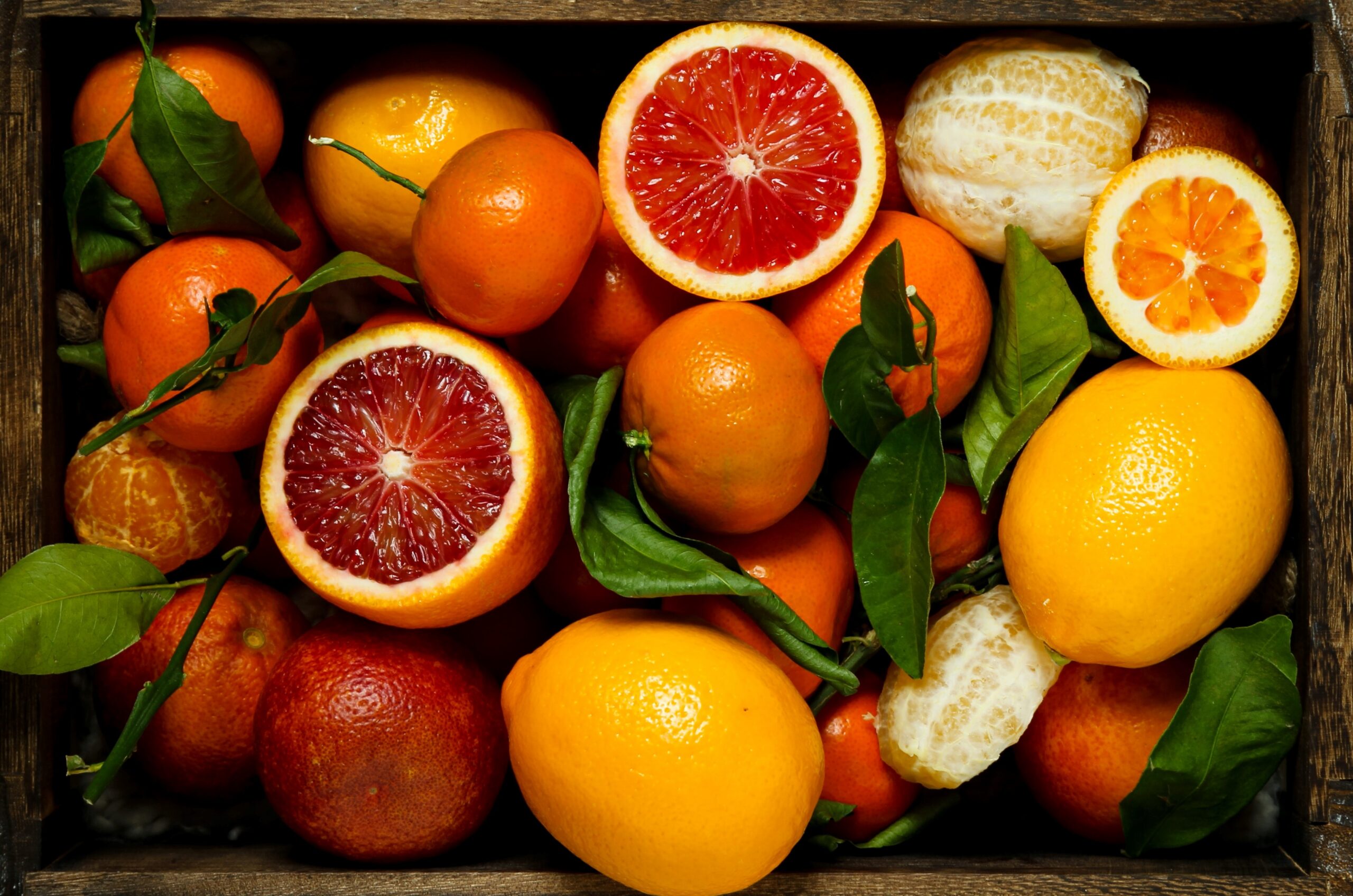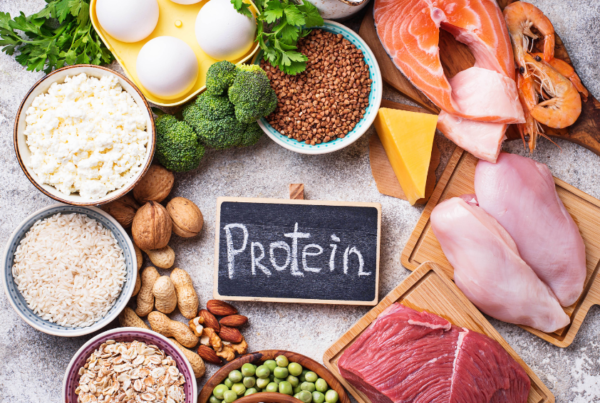Most citrus fruit is available all year round but it’s in winter when it’s at its best. Traditional navel oranges, mandarins, tangelos, grapefruit, and lemons are in good supply right now but don’t just stock up because they’re well priced and in season.
Aside from their great taste and immune-boosting qualities, scientists have discovered 3 compelling reasons to eat an orange a day.
Oranges for eye health
The study conducted by researchers at Sydney’s Westmead Institute for Medical Research found people who regularly eat oranges are less likely to develop macular degeneration than people who do not eat oranges.
The study followed more than 2,000 Australian adults aged over 50 over a 15-year period and found that those who ate at least one serving of oranges every day had more than a 60% reduced risk of developing late macular degeneration 15 years later.
One in seven Australians over 50 have some signs of macular degeneration. Age is the strongest known risk factor, and the disease is more likely to occur after the age of 50. There is currently no cure for the disease.
The data showed that the antioxidants in oranges (called flavonoids) appear to help protect against the disease.
Up until recently, research into eye health was focused on the effects of common nutrients such as vitamins C, E, and A, however, this research found that flavonoids have important anti-inflammatory benefits for the immune system which protect the eyes.
Oranges for bone health
While dairy foods still offer the most dietary calcium, if you don’t like or you can’t eat dairy, then you will have to include other foods which contain calcium in your daily diet.
One 140 g orange supplies the body with around 60 mg of calcium.
For women over 50 years, the recommended daily intake of calcium to protect their bones is 1,300mg/day. Oranges may not make a huge dent in this daily requirement but it all adds up. Other non-dairy calcium-containing foods include canned salmon and sardines ( with bones) kale, okra, cabbage, broccoli, almonds, sesame seeds, lentils, tofu, and white beans.
Oranges to protect against scurvy
Scurvy is an ancient disease that has reared its ugly head again. Better known as the sailor’s disease discovered when sailors went on long voyages with no access to fresh fruit and veg, in recent years diabetic patients at Westmeade hospital have recently been diagnosed with scurvy. Concerned about elevated blood sugar levels from eating fresh fruit, these patients were found to have extremely low levels of vitamin C. Overcooking vegetables, and not eating enough fresh fruit can result in a dietary deficiency of ascorbic acid (vitamin C). The condition is characterised by severe bruising, wounds that won’t heal, anemia, exhaustion, and swelling in some parts of the body.
The recommended daily intake of vitamin c is 45 mg a day. One orange supplies the body with 70 mg





Recent Comments